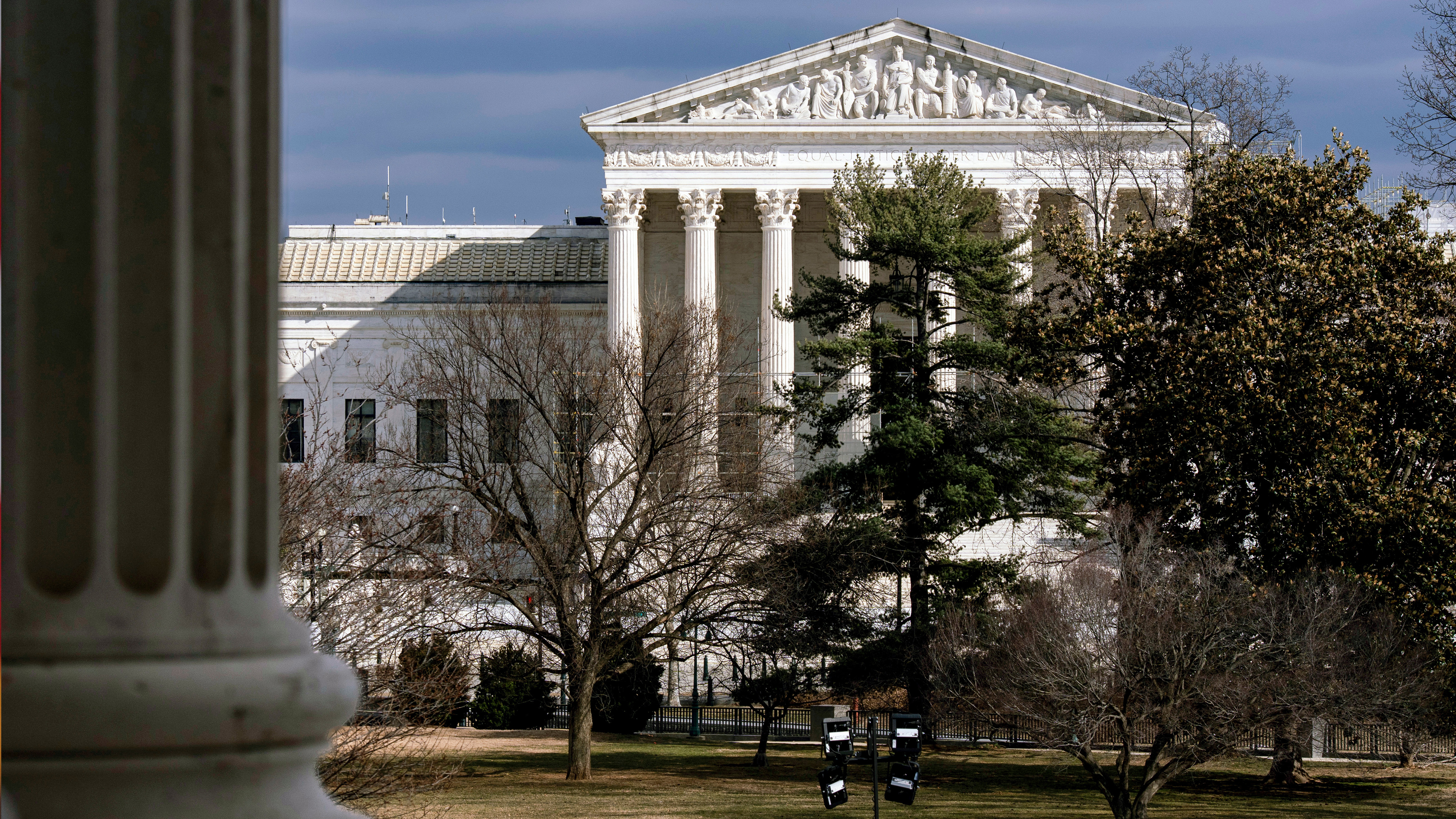A Republican-led legal challenge aims to reshape a core protection of the Voting Rights Act by targeting a provision that bans racial discrimination in redistricting. The case, now before the Supreme Court, holds weighty implications for future congressional control.
Supreme Court takes up GOP-led challenge to Voting Rights Act that could affect control of Congress

Key Takeaways:
- The Supreme Court is reviewing a GOP-led challenge to the Voting Rights Act.
- A core prohibition on racial discrimination in redistricting is under scrutiny.
- The legislation in question is a pillar of the Civil Rights Movement.
- Any change may have a nationwide effect on how districts are drawn.
- Control of Congress could be influenced by the ruling.
The Supreme Court’s New Vote Test
The U.S. Supreme Court has taken up what many consider a pivotal legal challenge to the Voting Rights Act. The case, brought forward by Republican supporters, targets the law’s historic protection against the disenfranchisement of racial minorities, particularly concerning the way voting districts are drawn.
History of the Voting Rights Act
Enacted in 1965 and regarded as the centerpiece legislation of the Civil Rights Movement, the Voting Rights Act has been instrumental in safeguarding minority voting rights. Its core mandate is to prevent racial discrimination, especially through tactics like gerrymandering that could dilute minority votes.
Key Provision Under Fire
At the heart of this legal battle is a specific provision that prohibits racial discrimination in redistricting. According to the challenge, this rule imposes restrictions that some argue are outdated or too broad. However, supporters of the Voting Rights Act maintain that it remains essential to ensuring fair representation.
Potential Nationwide Impact
Because this challenge questions a fundamental protection embedded in voting laws, a decision in favor of weakening the measure could have sweeping consequences. Political analysts warn that whichever party effectively controls redistricting stands to gain an advantage in future congressional contests, potentially altering the balance of power in Washington.
Looking Ahead
It remains to be seen how the Supreme Court will decide this case and how far-reaching the repercussions will be. For now, advocates and opponents alike agree on one point: this critical legal dispute over the Voting Rights Act underscores the continuing debate about equitable voter representation in the United States.











